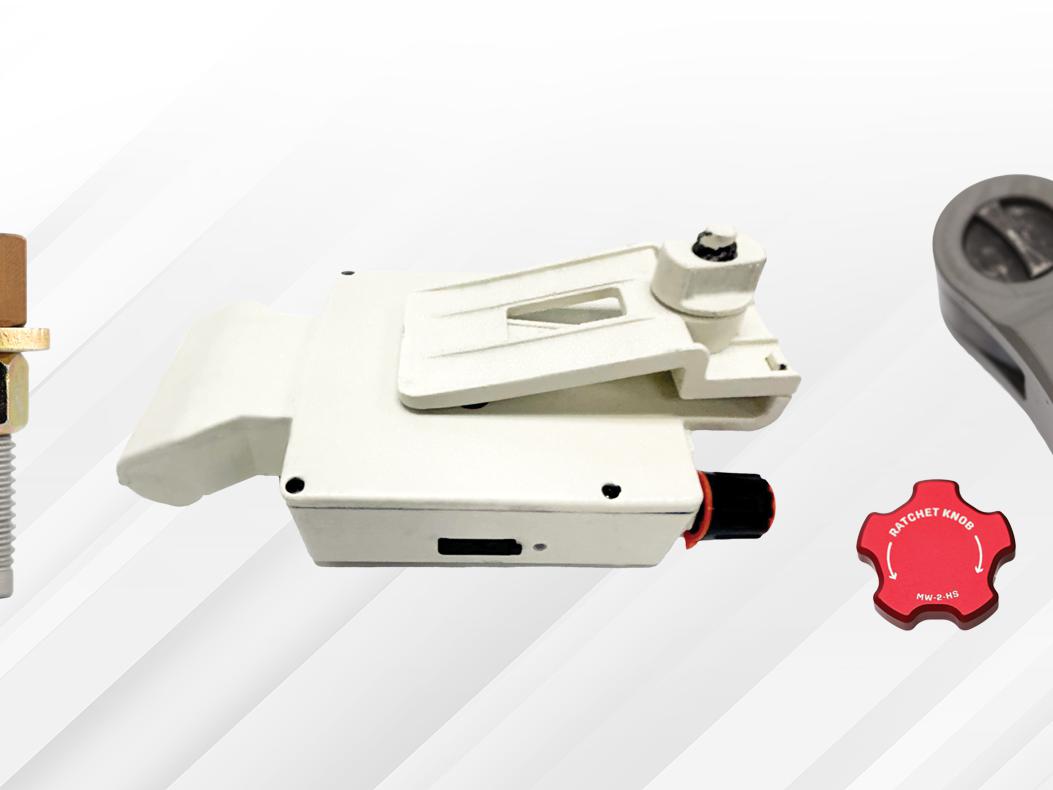Make The Case: Websites Vs. Social Media

Establishing an online presence is practically obligatory for small businesses today, but where are those efforts—and investment—best utilized for companies in the racing industry? Websites and social media pages fundamentally serve two different functions, and while having both is probably the best solution, some may find that the benefits of focusing on one or the other ultimately suits their needs.
Websites Advocate:
Jason Dodge, Black Truck Media

With a brand website, you have the ability to completely control the content and the messaging. You get to decide how your brand is presented to the world.
Social media is more of a two-way street. It’s a vehicle to engage with your audience members, whereas your website is more about generating awareness for your products and services. It’s where you explain why I should do business with you. That’s not really the type of platform that social media should be.
There is also a number of things that a website can provide that social media cannot. Your company’s presence in Google searches, for example, can be incredibly valuable. And then there’s e-commerce. Having a catalog of products and all the information in one place means your customers don’t have to sift through social media posts to find what they’re looking for. You can also integrate e-commerce software like Shopify or Magenta into it, which can in turn be synced up to social platforms like Facebook and Instagram. That presents an opportunity for potential customers to discover your brand through those channels as well.
As we saw in early October, social media platforms can be susceptible to outages. If that’s the only place where your company has a presence, you might be dead in the water until those services are restored. So from a brand perspective, you have to ask yourself if it’s a good idea to put all of your eggs in one basket. It’s also important to be aware of the fact that there’s been a push in the tech world to do away with third-party cookies. If and when that happens, what’s really going to be important regardless of platform is your customer data, and the most effective way to collect that data is through your website.
Some brands might look at how much revenue they’re generating from social media platforms like Facebook and wonder if it’s worth putting the effort into their website. It’s like that old adage, “The grass isn’t greener on the other side—it’s greener where you water it.” What if you started to focus some attention on search engine optimization, or your email marketing and customer data capture? Maybe the grass will start to grow there a bit more, too. What you tend to find is that those customers are even more engaged with your brand and will potentially buy more, so the lifetime value of that customer becomes much greater.
Lastly, there’s perception to consider. If you are, for instance, a local chassis manufacturer that services sprint and circle track racing, you’re able to own your voice. Websites have become the new business card. They legitimize the business in the eyes of potential customers. Even a small, low-cost site can make a big difference in that respect.
Social Media Advocate:
Corey Perlman, Impact Social Media

Facebook and Instagram are two of the most popular websites in the world in part because they’re addictive. So if you’re thinking about ways to stay top-of-mind with customers and prospects, you have to consider whether they want to go to your website, or if they want to see what your company is doing through social media. The whole idea here is to meet them where they want to be, and many people are already checking these platforms a dozen times a day or more.
Not only do you have a feed aggregator automatically delivering content that’s relevant to them, you also have mobile apps and other built-in services that allow them to have constant access to these platforms in a variety of different ways. What are the chances that I’m just going to pull out my phone and bring up your website unless I’m specifically looking for something? Just based on common habits, it’s far more likely that I’m going to connect with your company through social media than through your website.
But it’s also something that you need to take seriously if you want to do it right. You should be as proud of your social media profiles as you are of your products. How your business presents itself though social media should impress me.
In some ways social media platforms like Instagram have become even more visually appealing than websites are. Between posts, videos, images, stories and reels, I can see a full narrative story about a business. A website tends to be more one-way communication, and that doesn’t provide a customer with a lot of incentive to keep coming back to have a look around, whereas a constant flow of new content is the name of the game with social media. That provides a lot of different opportunities to expand on that narrative to humanize the brand by showing us things behind the scenes or illustrating what your business’s culture is all about.
I also think that there’s now more opportunity for a small business to have an effective social media ad campaign than ever before. Targeting customers based on things like interests, geography and demographics is very difficult to do with traditional advertising, but that can be done in a really effective and economical way on these social media platforms. We have seen really good results for small businesses that have sponsored ad budgets of $200 to $500 a month.
It’s something I highly encourage companies to start doing if they’re not already using sponsored ads. It’s very hard to use Facebook, Instagram, and other social media platforms as marketing tools without an ad budget. Organically building an audience is a lot tougher today than it used to be.
I’m also a big believer in prioritizing specific platforms rather than trying to maintain a bunch of different profiles. For this industry, I definitely think Facebook and Instagram are the best bets. Instagram is dominated by 25- to 35-year-olds, and Facebook caters to the 35-and-above crowd. Platforms like TikTok might also make sense for this industry, but I would be very careful about going into that arena without a clear strategy. It’s a very young demographic, and you need to have someone who understands the etiquette doing the marketing if you want it to be effective.
 MEMBERSHIP LOGIN
MEMBERSHIP LOGIN JOIN PRI
JOIN PRI


